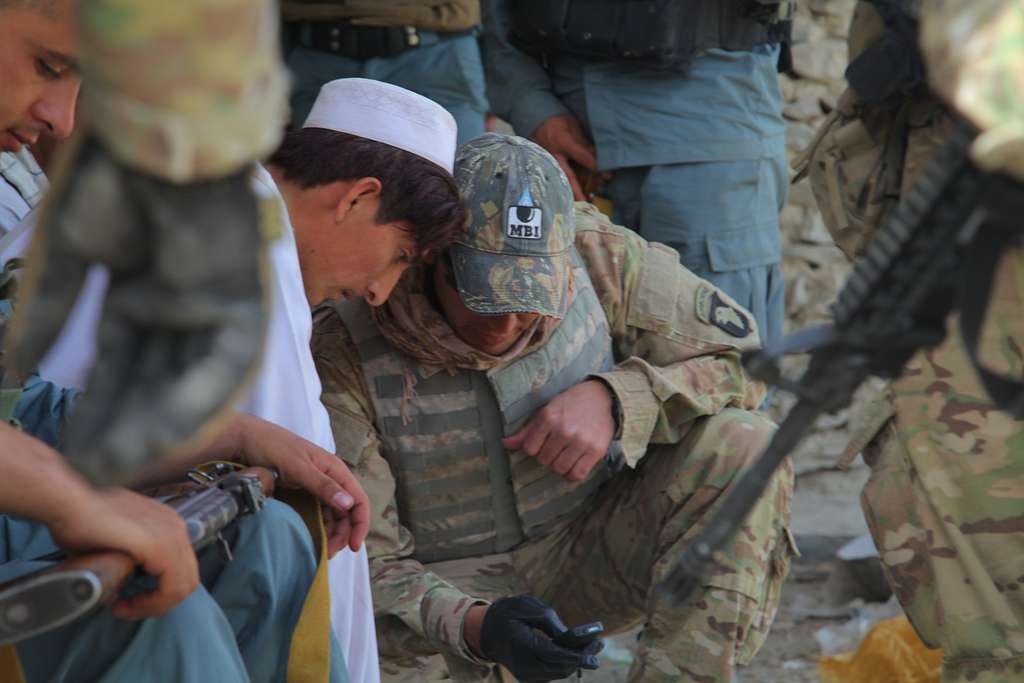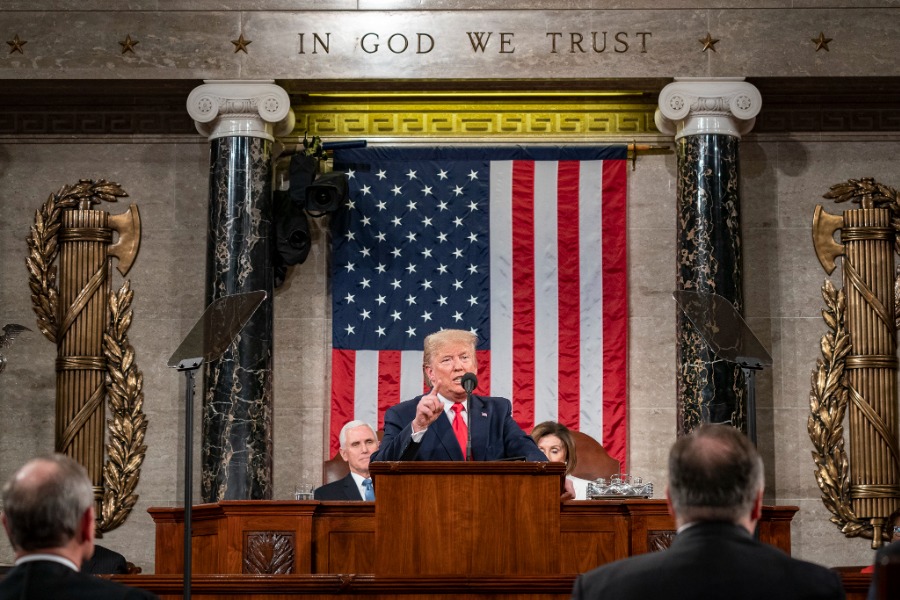Uganda and the WPR Clock
Should the War Powers Resolution "clock" be running in Uganda?
Published by The Lawfare Institute
in Cooperation With

Should the War Powers Resolution "clock" be running in Uganda? I think the answer is yes, contrary to what appears to be the administration's position, but I also think that Congress has adequately expressed itself in favor of the issue, thus mooting the point.
I'm prompted to write about this now because the administration has announced that it is augmenting the existing US deployment to Uganda (meant to help local forces hunt down Joseph Kony of the Lord's Resistance Army) by dispatching CV-22 Osprey aircraft along with some 150 Air Force personnel to man and maintain them. But the "clock" question of course predates this most recent development.
The administration's view on this is pretty clear: As Jack noted (here) at the time of the original 2011 deployment, the administration appeared to categorize the deployment as a WPR section 4(a)(2) scenario (involving combat-equipped troops deployed in foreign territory) rather than a section 4(a)(1) scenario (involving troops introduced into hostilities). Both trigger the section 4 reporting requirement, but only the latter would also trigger the section 5 60-day withdrawal clock. Language in the article to which I link above strongly suggests that this remains the controlling theory; the new deployment is described as "combat-equipped," but subject to the same strict (self-defense only) rules of engagement.
Alas, it's not that simple. Consider WPR section 8(c):
(c) For purposes of this joint resolution, the term "introduction of United States Armed Forces" includes the assignment of member of such armed forces to [1] command, [2] coordinate, [3] participate in the movement of, or [4] accompany the regular or irregular military forces of any foreign country or government when such military forces are engaged, or there exists an imminent threat that such forces will become engaged, in hostilities.This suggests that the combat-equipped deployment in Uganda may have to be construed as an introduction of US forces into hostilities after all. One might argue, of course, that our forces are performing none of the four functions listed as triggers in section 8(c). But I find this unpersuasive. This 2013 account, for example, depicts the existing SOF detachments involved in this mission as participating in the movement of the forces of various regional allies, in the field, in an integrated fashion; it also suggests that our forces are accompanying the host-state forces in the field at least near to the point of engagements. And certainly the new plan--involving the use of Ospreys to convey forces around--will involve participation in the movement of the host-country forces. A more plausible counterargument is to concede that U.S. forces are performing one of the trigger functions, but deny that the host-state forces are actually engaged in hostilities (or imminently to be so engaged) and thereby remove the predicate for 8(c). Frankly, I don’t know enough about the nature and intensity of the violence in Uganda and elsewhere to say whether this argument has legs. It seems the more plausible account, but I can imagine that the facts on the ground might be inconsistent with such an argument (the issue, remember, is whether their forces are in hostilities, not ours). Let's assume for the sake of argument that the Ugandans or other host-state forces are indeed engaged in hostilities, and our forces are participating in their movements, coordinating them, and accompanying them. The clock in theory is running. But here's the critical point: it probably does not matter because Congress has long since expressed itself clearly in favor of precisely what our forces are now doing. As Jack pointed out back in 2011, section 1206 of a defense bill from that year authorized “logistic support, supplies, and services for foreign forces participating in operations to [deal with LRA].” Certainly this indicates Congressional approval for the sorts of activities we are engaging in here. Indeed, I would consider that the end of the discussion but for the fact that section 1206 does not claim in so many words to satisfy the WPR. Which matters...why? Well, for what it is worth, the WPR itself purports to require such a clear statement. Of course, we know of far more significant circumstances in which the executive branch declined to be bound by any such clear-statement rule: Kosovo. If the Clinton administration was willing to rest on implied authorization there, how much easier to do so here where the only missing element is, quite literally, the use of the magic words "War Powers Resolution"? This, I think, is the final answer to this puzzle.
Robert (Bobby) Chesney is the Dean of the University of Texas School of Law, where he also holds the James A. Baker III Chair in the Rule of Law and World Affairs at UT. He is known internationally for his scholarship relating both to cybersecurity and national security. He is a co-founder of Lawfare, the nation’s leading online source for analysis of national security legal issues, and he co-hosts the popular show The National Security Law Podcast.





